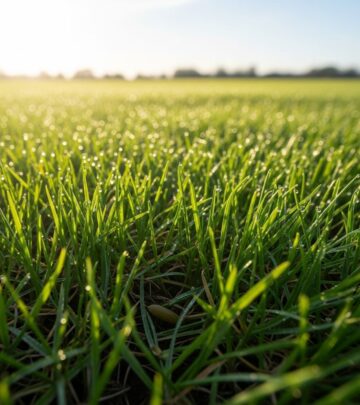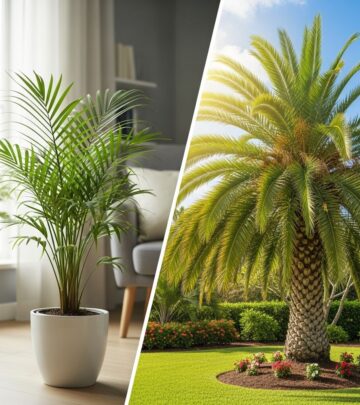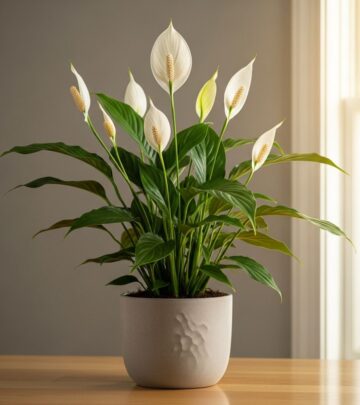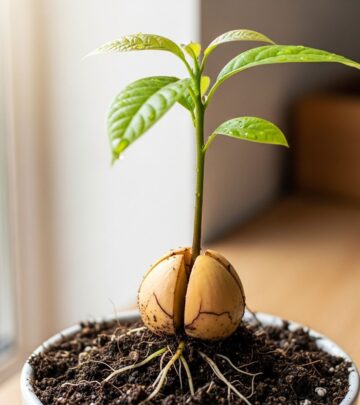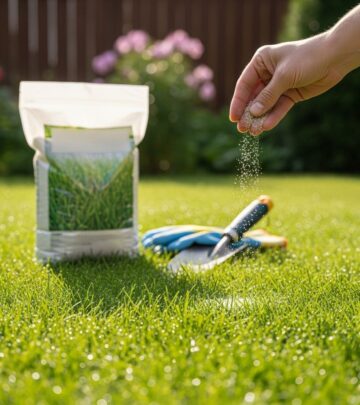21 Beautiful Butterfly Bush Varieties for Every Garden
A spectrum of fragrant shrubs lures pollinators and brightens outdoor spaces.
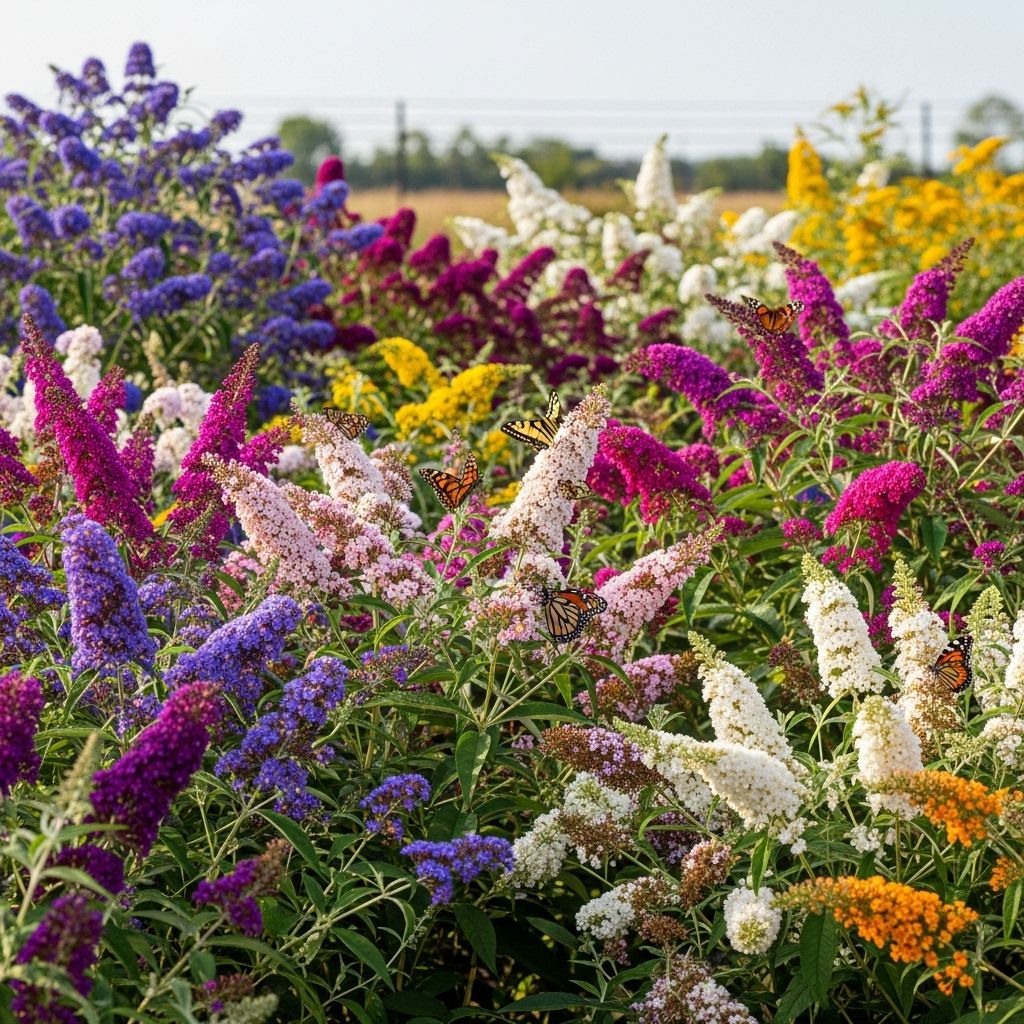
Butterfly bushes (Buddleia) are beloved for their dazzling spikes of flowers, easy care, and unmatched ability to attract butterflies, bees, and hummingbirds. With a spectrum of cultivars available—ranging in color, size, shape, and growth habit—there’s a butterfly bush variety for every garden style and setting. Selecting the right variety not only ensures vibrant blooms throughout the summer but also helps create vital habitats for pollinators.
What are Butterfly Bushes?
Butterfly bushes (Buddleia davidii and hybrids) are deciduous shrubs renowned for their elongated flower clusters and sweet fragrance. Originating from Asia, these shrubs now enjoy global popularity thanks to their long bloom season, drought resistance, and ability to thrive in poor soils. Hardy in USDA zones 5-9, most varieties bloom from midsummer to fall, providing a continuous supply of nectar for butterflies and other beneficial insects.
- Pollinator magnets: Irresistible to butterflies, bees, and hummingbirds
- Low-maintenance: Minimal care once established
- Vibrant color options: Available in purple, pink, white, blue, orange, and bicolors
- Wide size range: From ultra-compact to towering hedges
- Deer and drought resistant: Great for waterwise and sanctuary gardens
Choosing the Best Butterfly Bush Variety
Select a variety based on your space, color preference, and garden goals:
- Compact types for containers and small gardens
- Taller varieties for privacy screens or focal points
- Bicolors and rare hues for standout displays
- Sterile cultivars (non-invasive) for ecologically sensitive areas
21 Standout Butterfly Bush Varieties
Below are some of the most noteworthy butterfly bush cultivars. Each offers unique qualities to suit a variety of design needs and garden conditions.
1. Miss Molly
- Size: 4–5 feet tall, 4–5 feet wide
- Flower Color: Rich, raspberry red
- Zone: 5–9
- Highlights: Vivid color closest to true red among Buddleias; compact and rounded habit; attracts butterflies and hummingbirds in droves
2. Miss Ruby
- Size: 4–5 feet tall and wide
- Flower Color: Vibrant magenta-pink
- Zone: 5–9
- Highlights: Non-invasive, compact, with intensely colored blooms favored by pollinators
3. Miss Violet
- Size: 4–5 feet tall and wide
- Flower Color: Deep violet-purple
- Zone: 5–9
- Highlights: Sterile, refined shrub with a neat, mounded habit; reliable bloomer
4. Black Knight
- Size: Up to 5–8 feet tall, 4–6 feet wide
- Flower Color: Velvety, deep purple spikes
- Zone: 5–9
- Highlights: Dramatic, dark-flowered variety; fast growth; great for borders
5. Pugster Blue
- Size: 2 feet tall, 2–3 feet wide
- Flower Color: Intense blue
- Zone: 5–9
- Highlights: Compact; thick stems resist winter dieback; perfect for containers and small spaces
6. Pugster White
- Size: 2 feet tall, 3 feet wide
- Flower Color: Crisp white
- Zone: 5–9
- Highlights: Tightly compact with extra-large blooms; ideal as border or potted plant; no deadheading required
7. Pugster Pink
- Size: 2 feet tall, 2–3 feet wide
- Flower Color: Light pink
- Zone: 5–9
- Highlights: Heavy flower power in a small, tough package; fits well into patio pots
8. Pugster Amethyst
- Size: 2 feet tall, 2–3 feet wide
- Flower Color: Lavender purple
- Zone: 5–9
- Highlights: Thick stems for extra hardiness; profuse, non-fading flowers
9. Pugster Periwinkle
- Size: 2 feet tall, 2.5 feet wide
- Flower Color: Soft periwinkle blue
- Zone: 5–9
- Highlights: Excellent for gardens with limited space; reliable rebloomer
10. Sky Blue
- Size: 3–5 feet tall and wide
- Flower Color: Periwinkle blue
- Zone: 5–9
- Highlights: Versatile mid-size shrub; flowers blend with all color schemes and last from midsummer to fall
11. InSpired Pink
- Size: 4–6 feet tall, 4–5 feet wide
- Flower Color: Bright pink
- Zone: 5–9
- Highlights: Large vase-shaped habit; showy in mass plantings or hedges; excellent for cut bouquets
12. Lo & Behold Purple Haze
- Size: 2–3 feet tall, 3 feet wide
- Flower Color: Rich purple
- Zone: 5–9
- Highlights: Short and spreading; great in borders; continuous blooms without deadheading
13. Lo & Behold Blue Chip
- Size: 2 feet tall, 2.5–3 feet wide
- Flower Color: Blue
- Zone: 5–9
- Highlights: Hybrid with a neat, mounded form; non-invasive; prolonged flowering period
14. Lo & Behold Pink Micro Chip
- Size: 18–24 inches tall and wide
- Flower Color: Light pink
- Zone: 5–9
- Highlights: Exceptionally compact; perfect for edges, containers, and rock gardens
15. Lo & Behold Ice Chip
- Size: 12–24 inches tall, 24–30 inches wide
- Flower Color: White
- Zone: 5–9
- Highlights: Low-spreading, groundcover-like habit; continual blooms
16. Nanho Blue
- Size: 5–7 feet tall, 3–5 feet wide
- Flower Color: Soft blue
- Zone: 5–9
- Highlights: Graceful, narrow foliage; arching branches; lightly fragrant
17. White Profusion
- Size: 5–6 feet tall and wide
- Flower Color: Pure white
- Zone: 5–9
- Highlights: Elegant, long, white flower spikes; excellent for mixed borders
18. Royal Red
- Size: 6–10 feet tall, 4–6 feet wide
- Flower Color: Purple-red
- Zone: 5–9
- Highlights: Tall, dramatic, with cascading deep red blooms
19. Flutterby Petite Tutti Fruitti Pink
- Size: 2–3 feet tall and wide
- Flower Color: Rosy pink
- Zone: 5–9
- Highlights: Compact, with profuse summer blooms; non-invasive selection
20. Purple Emperor
- Size: 2–5 feet tall
- Flower Color: Deep purple with pink centers
- Zone: 5–9
- Highlights: Lush green foliage; upright and showy; works well in containers and mixed beds
21. Flower Power
- Size: Up to 5 feet tall
- Flower Color: Multicolored—purple, peach, pink, and orange on each panicle
- Zone: 5–9
- Highlights: Eye-catching, fragrant, and highly attractive to butterflies and hummingbirds
Comparing Top Butterfly Bush Varieties
| Variety | Size | Color | Main Use | Special Feature |
|---|---|---|---|---|
| Pugster Blue | 2′ x 2-3′ | Blue | Containers, Borders | Thick stems, large blooms |
| Black Knight | 5-8′ x 4-6′ | Deep purple | Screening, Borders | Dramatic dark color |
| Miss Molly | 4-5′ x 4-5′ | Raspberry red | Accent, Borders | Vivid red hue |
| Lo & Behold Blue Chip | 2′ x 2.5-3′ | Blue | Small spaces | Non-invasive, compact |
| White Profusion | 5-6′ x 5-6′ | White | Mixed borders | Long spikes, elegance |
Benefits of Planting Butterfly Bushes
- Attracts diverse pollinators: Essential nectar source for butterflies, bees, and hummingbirds
- Reliable bloom: Extended flowering from midsummer into autumn
- Low-maintenance landscape plant: Needs minimal fertilization or pruning; drought-tolerant
- Wide adaptability: Thrives in poor, well-drained soils and hot, sunny spots
- Deer and rabbit resistant: Suitable for wildlife gardens without worry
Tips for Growing Butterfly Bushes
- Plant in full sun, with at least 6 hours of direct light daily
- Water regularly to establish; reduce watering after establishment
- Prune in early spring to encourage bushiness and prolific flowering
- Remove spent flower spikes to promote rebloom (deadheading)
- Check for invasive status and select non-seeding or sterile varieties in sensitive regions
- Fertilize lightly, if at all—Buddleias thrive in lean soils
Frequently Asked Questions (FAQs)
Q: Are butterfly bushes considered invasive?
A: Some butterfly bush varieties (Buddleia davidii) can be invasive in certain regions due to prolific self-seeding. Opt for sterile or hybrid varieties (such as the ‘Miss’ or Lo & Behold series) where invasiveness is a concern. Always check local recommendations before planting.
Q: What conditions do butterfly bushes need to thrive?
A: Full sun (6+ hours), well-draining soil, and minimal fertilization. They perform best in USDA zones 5–9 and are drought-tolerant once established.
Q: How often should I prune my butterfly bush?
A: Prune in early spring, cutting back old wood to around 12 inches from the base. Deadhead spent blossoms during the growing season to encourage continual blooms.
Q: Which butterfly bush varieties are best for containers?
A: Compact selections like the Pugster and Lo & Behold series perform excellently in pots and patio containers due to their short, stocky growth habits.
Q: Are butterfly bushes resistant to deer and rabbits?
A: Yes, butterfly bushes are both deer and rabbit resistant, making them a reliable choice for wildlife gardens.
Final Thoughts
Whether you’re aiming for a vibrant pollinator garden, a privacy screen, or simply crave months of color, there’s a butterfly bush variety perfectly suited to your landscape. Pay special attention to plant size, flower color, and invasiveness before selecting your favorite. With their long bloom season and ease of care, Buddleias are sure to become the highlight of any summer garden.
References
- https://butterflybushes.com/blogs/inspiration-and-information/5-butterfly-bush-varieties-buddleia
- https://www.epicgardening.com/butterfly-bush-varieties/
- https://www.epicgardening.com/butterfly-bush/
- https://www.youtube.com/watch?v=vTz7jS8sAC8
- https://shop.epicgardening.com/products/showy-milkweed-butterfly-flower-seeds
Read full bio of medha deb

